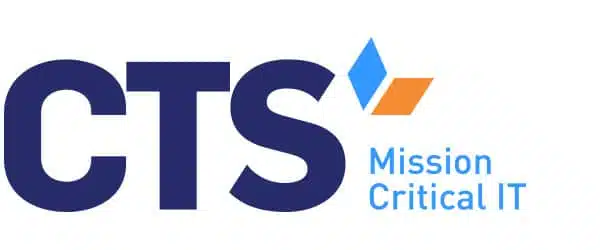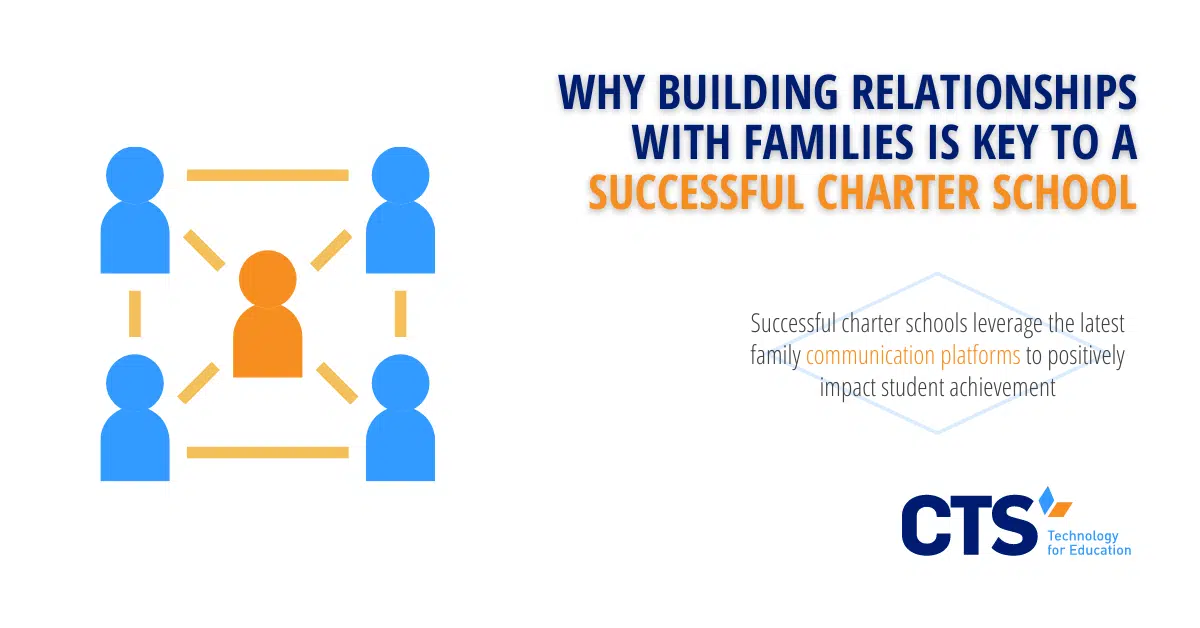A successful charter school builds strong relationships with students’ families.
For many people, elements of a successful school include strong academics, diverse extracurricular offerings, experienced teachers, and student safety. All too often, strong school-family relationships appear further down the list. These relationships, however, are a critical building block to a successful charter school.
For many families, regular communication between school and home hasn’t been the norm. By leveraging technology to facilitate teacher-family interactions, successful charter schools build trust with students’ families, allowing teachers to more easily address academic and behavioral issues as they arise.
Without strong school-family relationships, students often confront conflicting messages between school and home. Ensuring the student’s teacher and family members are all on the same page bridges this gap and ultimately helps improve student achievement.
For many families, regular communication between school and home hasn’t been the norm.
For families new to the charter school sector, effective communication between school and home hasn’t been the norm. Sure, they might receive a monthly newsletter or an invitation to a school-wide event such as graduation, but rarely did they interact one-on-one with their student’s teacher, except perhaps at biannual or quarterly teacher-family conferences. Charter schools often attempt to bridge the gap between school and home, recognizing the power that building school-family relationships has to improve academic achievement.
A quick text message to a student’s family member explaining what a good job the student did on a project or test can brighten a family member’s day and allow the family member to positively reinforce the student’s behavior at home. If a student is running late one day, the parent might message the student’s teacher to let them know their student is running behind. More generally, families often feel more comfortable relaying messages directly to their student’s teacher rather than emailing a school administrator with whom they’ve had little contact. These messages can provide the school with the information they’ve been lacking or give insights into other issues occurring with a given student.
A successful charter school leverages technology to facilitate teacher-family interactions.
Over the past decade, dozens of platforms have risen to facilitate regular teacher-family dialogue. Social media platforms like Twitter, Instagram, and Facebook, for example, allow teachers to post their classroom’s activities for students’ families, providing real-time updates of what students are learning in school.
Similarly, messaging apps like Remind allow school administrators and teachers to communicate regularly with students’ families. For teachers, these messages might include reminders about upcoming assignment due dates, a class project on the horizon, or a “last call” for families to sign up for teacher-family conferences. By contrast, school administrators might use Remind or another messaging app to communicate school closings, announce a school-wide event, or keep families up-to-date in the event of a school safety issue.
At both the teacher and administrator levels, these communications make students’ family members feel more a part of the school community. Rather than fighting for information about their student’s schedule, upcoming events, or where to retrieve a student’s permission slip for a field trip, successful teachers and school leaders proactively communicate with family members.
Strong school-family relationships allow teachers to more easily address behavioral and academic issues.
Of course, ongoing communication between a student’s teacher or school administrator and a student’s family members makes otherwise difficult conversations less stressful for all parties involved. In a successful charter school, if a student is struggling academically, socially, or behaviorally, it shouldn’t come as a surprise when the student’s family member receives a text, Remind, or email message from the student’s school.
Too often, students’ family members can feel blindsided by a student’s academic or behavioral struggles. “Why didn’t I know about this earlier?” is a common and, often, a fair question from family members confronted with such issues. Successful charter schools regularly communicate with and keep families up-to-date on any issues with their students so that these conversations don’t feel like an ambush. Instead, by communicating early and often when academic or behavioral issues arise, these schools preemptively support students before minor infractions, or academic slip-ups become broader, far more consequential problems.
At CTS, we help schools use technology to build strong relationships with students’ families.
Our team has worked with more than 60 schools across the United States to leverage their technology resources to support school-family communication. With decades of experience in the educational technology sector, our team members are well versed in the most common family communication platforms. They can help school leaders decide how best to integrate these and other technologies into their existing programming. From platform sourcing and teacher training sessions to ongoing evaluation, our team can help school leaders select, launch, and maintain their family communication systems to build strong school-family relationships. Contact us today to learn more about our services and how we can help your school accomplish its unique mission.




